Fraudulent tricks, luring users to install fake tax applications is one of the three common scams on Vietnamese cyberspace during the week from February 10 to February 16, according to the warning of the Department of Information Security ( Ministry of Information and Communications ).
Romance scams are becoming more common.
According to the Department of Information Security (Ministry of Information and Communications), romance scams are a common form of fraud. Under the guise of a romantic relationship, the subjects approach victims in many different ways, such as through text messages, fraudulent emails, dating apps, social media posts, discussion forums and many other platforms.
Fraudsters often pose as single and successful people, typically soldiers or businessmen...; taking advantage of holidays or major events such as February 14 to "trick" victims.
To find victims, they will send mass messages to many different targets in a "drop the carpet and wait" tactic. When someone responds, the scammer will try to build trust over a period of time, before asking the victim to send money or entice them to invest in a fraudulent project.

Recently, Ha Tinh Provincial Police prosecuted 50 defendants for "fraudulent appropriation of property". Using fake Facebook accounts, the subjects disguised themselves as successful businessmen to approach middle-aged Vietnamese women.
Following the trained scenario, the subject gradually established a close relationship with the victim. Once he had gained their trust, the subject shared his "secret to success", convincing the victim to invest in Bitcoin on the UNISAT exchange.
With the lure of "Together towards the future", the scammer makes the victim believe that they are not only investing financially but also entering into a serious, lasting relationship.
The Information Security Department recommends that people should be careful when communicating and making friends online, especially through dating apps and social networks.
People should also not trust invitations to invest in finance and securities online; protect personal information, do not rush to share personal information, especially bank accounts or card numbers.
When discovering fraud, people need to immediately report to the police for timely support and resolution.
The trick of installing fake tax applications continues to recur.
Recently, a number of businesses have reported to the Ho Chi Minh City Tax Department that they have received notices requesting them to install tax industry applications to receive value-added tax reductions and personal income tax refunds.
The Ho Chi Minh City Tax Department has confirmed that the above cases are all impersonations, taking advantage of the names of tax officials and tax agencies to defraud taxpayers for personal gain.
Regarding the method, according to the analysis of the Information Security Department, claiming to be tax officials at tax branches, the subjects called and sent text messages to taxpayers to request the installation of tax industry applications.
After the taxpayer installs the fake tax software as instructed, the scammer will take over the victim's internet and bank accounts.
Some scammers also ask taxpayers to provide information such as: Account to access the tax payment application via eTax Mobile, tax code, citizen identification card...
In the face of the above situation, the Department of Information Security recommends that taxpayers, when receiving calls, invitations, messages..., should carefully check the content, not rush to follow the instructions; and carefully verify information through official websites.
Taxpayers should also note: Do not download strange applications from websites of unknown origin; do not provide personal information or identification documents to anyone via phone or social networks.
Aviation recruitment fraud
The Information Security Department said that recruitment and employment fraud is no longer a new trick; however, the tricks of the scammers are constantly changing, becoming more and more sophisticated and professional, causing many people to still fall into the trap.
For example, Lilama 2 International College of Technology (Long Phuoc commune, Long Thanh district, Dong Nai province) has issued a warning that some social networking sites are taking advantage of the school's name to commit fraudulent acts in recruiting, training human resources for the aviation industry, studying abroad, receiving scholarships, etc.
In response to the above information, the Information Security Department recommends that parents and students be wary of promises of scholarship support and support for studying abroad but require payment of fees.
Parents and students should also not provide personal information, account numbers, or transfer money for transactions that take advantage of the name of training institutions.
In case of suspected fraud, parents and students should immediately report to the school or nearest police station for timely handling and prevention instructions.
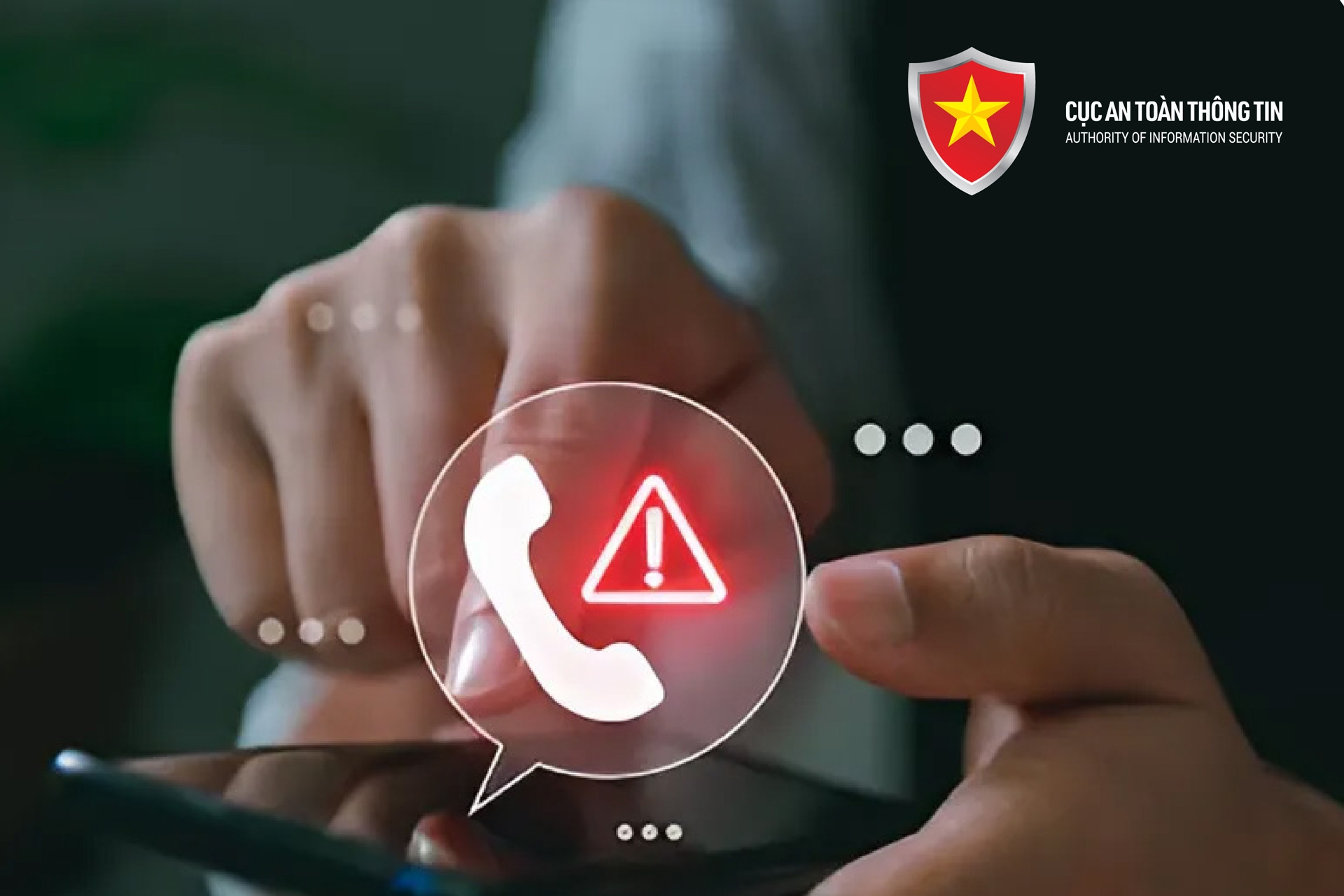
Source: https://vietnamnet.vn/tai-dien-chieu-tro-lua-dao-du-nguoi-dan-cai-ung-dung-thue-gia-mao-2372134.html





![[Photo] Hanoi: Long Bien residents brave the rain to go to work and school amid traffic jams due to bridge closures from early morning](https://vphoto.vietnam.vn/thumb/1200x675/vietnam/resource/IMAGE/2025/11/07/1762485038077_dji-0206-1506-jpg.webp)





















































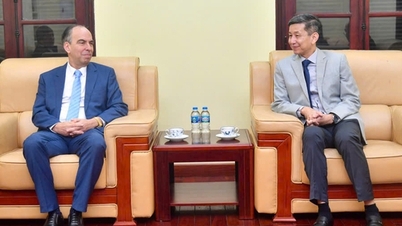


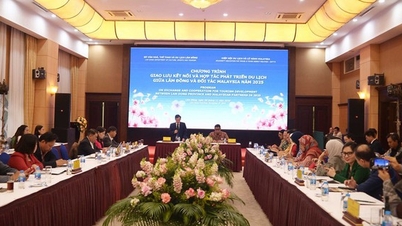



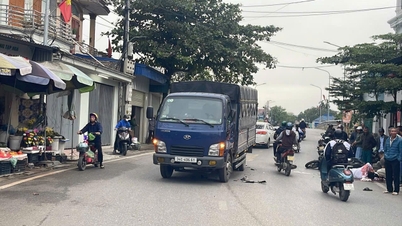

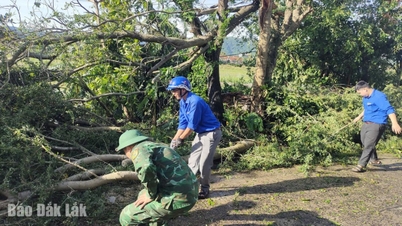

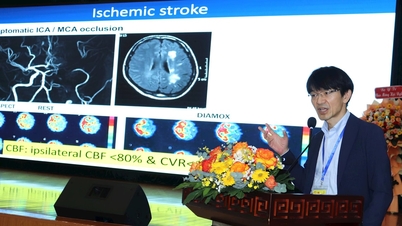




















Comment (0)